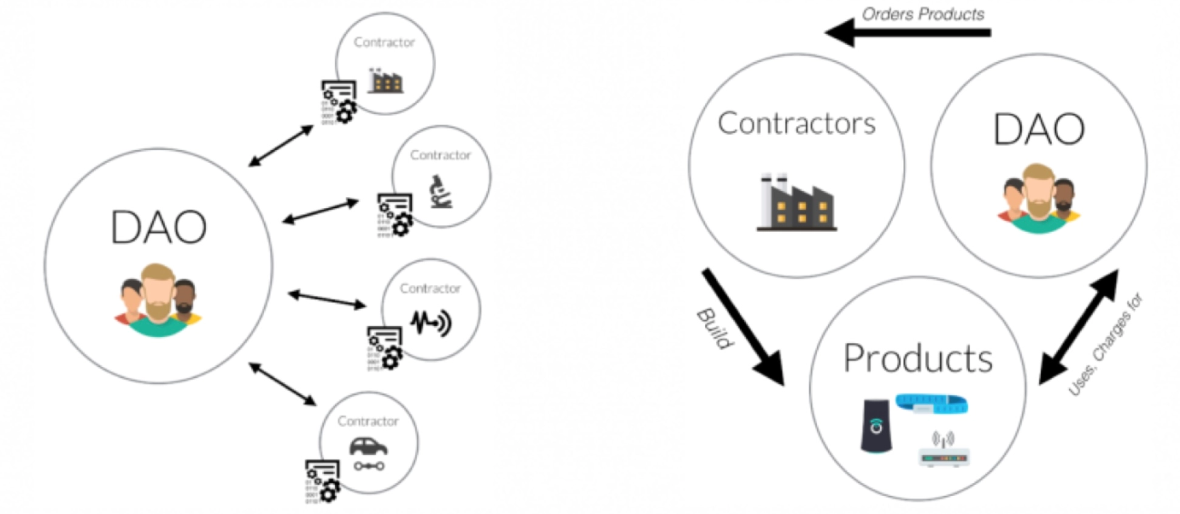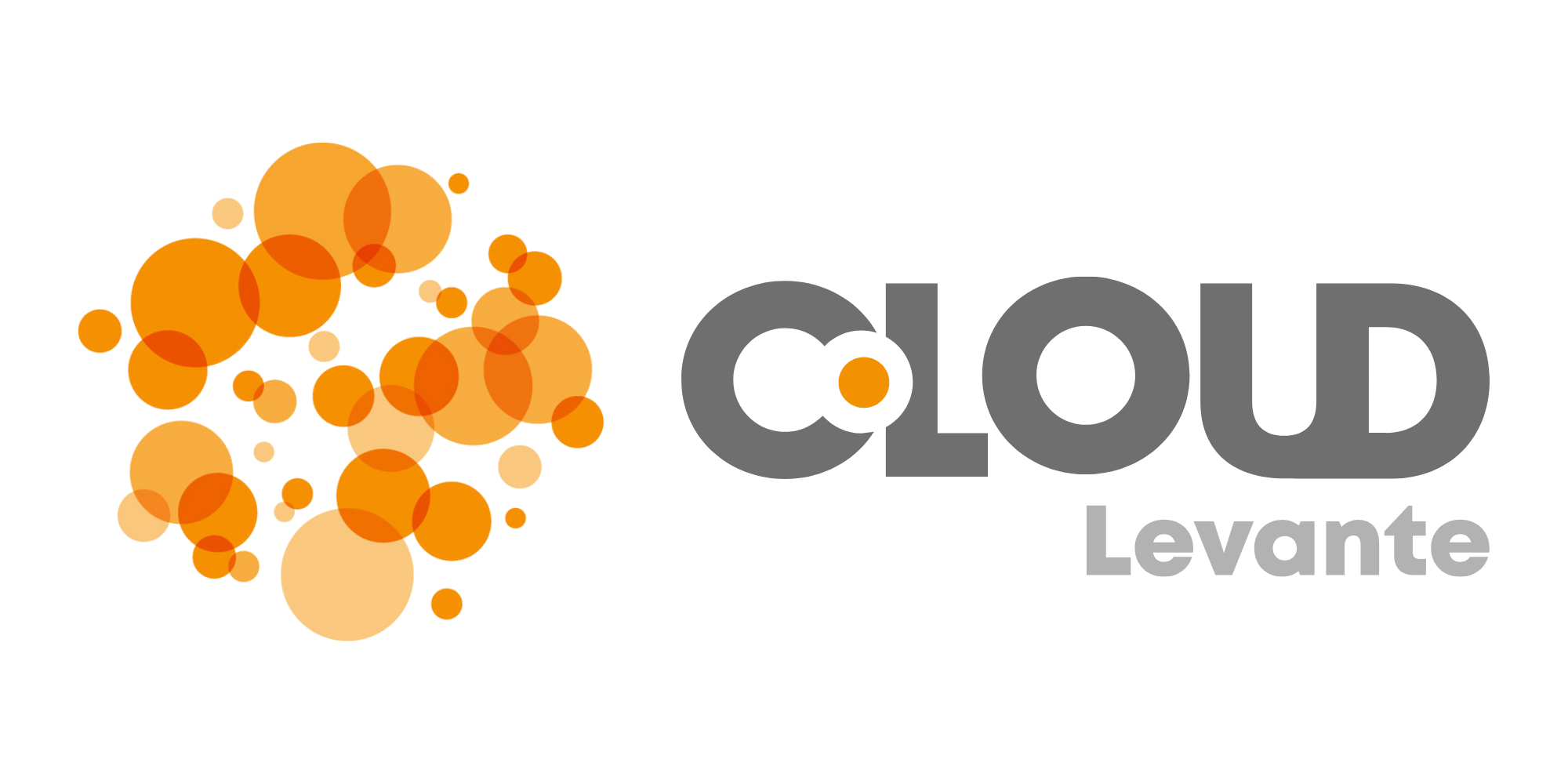DAO: definition, characteristics and uses
A Decentralized Autonomous Organization (DAO) is an organization that is run through rules encoded in computer programs called smart contracts. A financial transaction record of a DAO, as well as such rules, are managed through a blockchain.

The organizational structure of a DAO
Blockchain technology includes so many concepts that it is sometimes complex to understand what function each one fulfills within this ecosystem. One of the most heard and increasingly expanding is the creation of DAO companies.
Definition DAO
A Decentralized Autonomous Organization (DAO) is an entity of people built for the same purpose, with the same interests, and coordinated through the Internet using the blockchain.
DAOs are considered more transparent organizations than traditional ones, as all actions performed within them can be consulted by the participants. An example of this can be the consultation of financial statements in real time.
It is important to mention that these organizations are not governed by a particular law due to their decentralized nature. Therefore, they are executed through smart contracts created by the DAO itself.
Characteristics
There are three characteristics involved in the operation of a Decentralized Autonomous Organization.
1. Smart contract
The DAO developers code the smart contracts that will contain the group’s rule set and decide the purpose of the group. In this phase, a thorough testing of the code is performed, since, once the DAO is launched, it can only be modified through group voting.
2. Fundraising
DAOs must decide how to fund themselves and enact governance. This is most often done through the issuance of a token that allows users to receive a financial reward and gain voting power.
3. Launch
The DAO code is implemented on the Blockchain. It is at this point, where stakeholders can start making decisions about the organization. The original creators no longer have decision-making power any more than any other stakeholder.
DAO uses
As blockchain technology advances, it becomes more user-friendly and offers more possibilities for users to actively participate in DAOs.
Being decentralized, DAO participants will have the ability to have a say within the organization.
DAOs also have the added benefit of making it easier for communities around the world to connect and build a prosperous vision together. With an Internet connection and governance tokens, virtually anyone can participate in building the future of Web3.
The beauty of DAO development is that it provides immediate trust and transparency for entities to focus on achieving their collective interests. Participants do not need to know each other, as the rules of participation are embedded in a transparent, secure and open source blockchain registry.
They enable the ability to create organizations more easily, as they only need to be programmed on a blockchain and set up. This saves the money and time typically spent on traditional registries.
